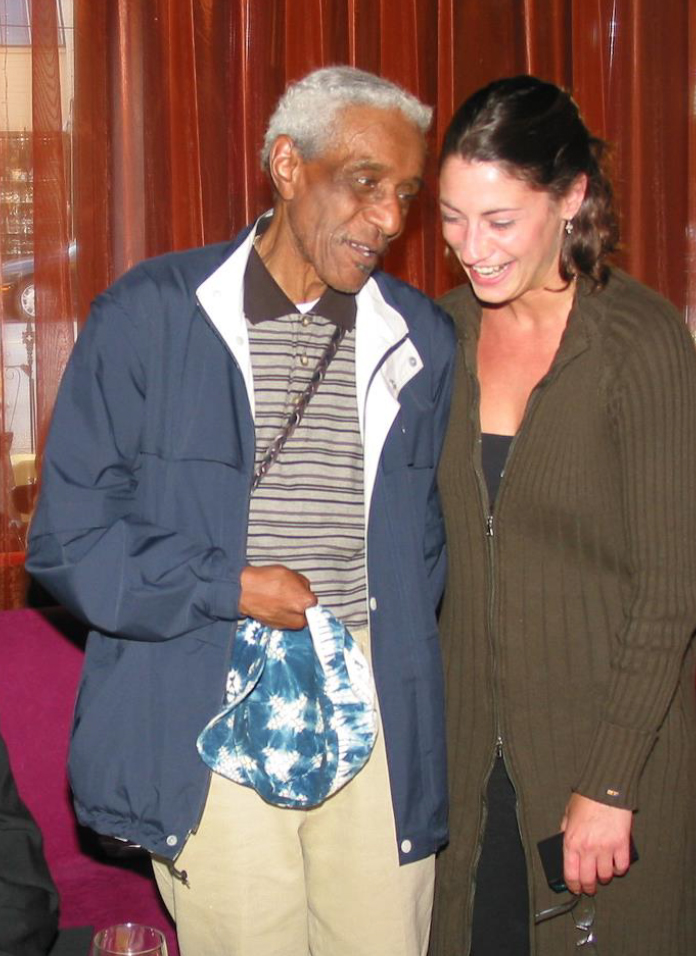Background…
As a graduate of the Grant MacEwan Dance Teacher Training Program, and 25 years of teaching, performance and creation experience, I have developed a deep passion for quality education and am delighted to share my discoveries when possible. I feel it is our responsibility at educators to continue to grow, expanding our skill set, inspiration and knowledge. It is my hope that educators both young and experienced have an opportunity to come together in an exchange of ideas and methodologies that will maintain the highest of standards in dance education.
The information shared is a compilation of 20 Years experience. One of my greatest Mentor’s was the Late Charlene Tarver, the founder of the Grant MacEwan Dance Program. I was fortunate to study with her in the final years of the Teacher Training program at GMCC. She was a genius with children and creative dance. Her philosophies are the foundation of my work. In addition to my Practicum studies at GMCC, I was fortunate to work with tap and body percussion masters, who have had a great influence on how and what I teach today.
I also trained extensively in modern dance, as a graduate of the Dance Performance Program at GMCC, and enjoyed a professional career as modern dancer prior to my re introduction to the world of tap and body percussion. Rhythm masters, Dianne Walker, Heather Cornell, Brenda Bufalino, Keith Terry, Fernando Barba, and Acia Gray were artists and educators who opened my eyes to a lifelong musical journey, and set the stage for many years to come.

